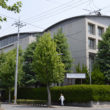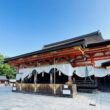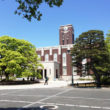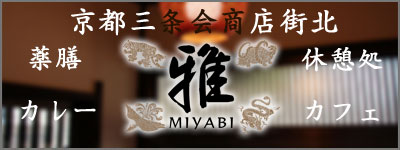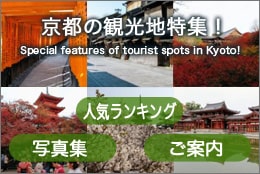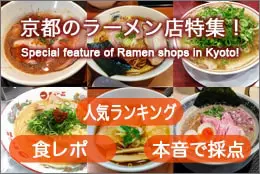Difference between Kyoto dialect and Kansai dialect
Posted date:2019-08-17Author:くらま天狗(Kurama Tengu) Transrator:ポンタ(Ponta)
Category:Kyoto Dialect
adsense4
Good morning,
this is Kurama Tengu ( ̄▽ ̄)b
As for the differences between Kyoto language and Kansai dialect, to be honest, I, also can’t judge the differences strictly. It is because in the process we Kyoto people grow, we contact with many people from Osaka in universities and at companies and we think more people contact with Kansai dialect more than Kyoto language, for example, Tokyo Bureau or Osaka Bureau of TV stations in general.
Only what I who live in Kyoto can somewhat recognize by atmosphere is that Osaka people use “e” often.
Seehen (not do)
In Kyoto, there are some people who say the pronunciation of “E” line is vulgar because it opens the mouth large and,
Siihin (not do)
It is encouraged to make pronunciation of “I” line. (Actually, they sometimes use “e”.)
adsense2
And what differs decisively is that they don’t know the words for quarrel.
Often sang in the “song of middle-aged man in Kawachi”.
Ondore (You)
Itemauzo (unknown)
We know the words themselves but we actually haven’t seen people speaking them except for in television.
However, it is not that Kyoto people are elegant enough not to use dirty words completely…
Ketsukaru
Sitekusaru
Sitekomashitatta
Shibakiageruzo

My father often uses such words too.
I disliked my father used Yakuza words that I had never heard from my friends of school in my childhood, but now I use such words in some cases thinking that the culture of Kyoto people’s words includes these too after I became adult.
Author
くらま天狗(Kurama Tengu)
Born and raised in Kyoto.
I like B-class gourmet food, and my favorite is Tenkaippin Ramen. (^o^)
I am good at making homepages and many other things.




